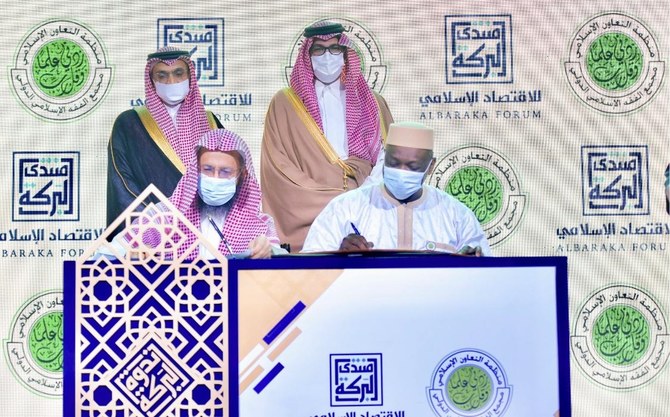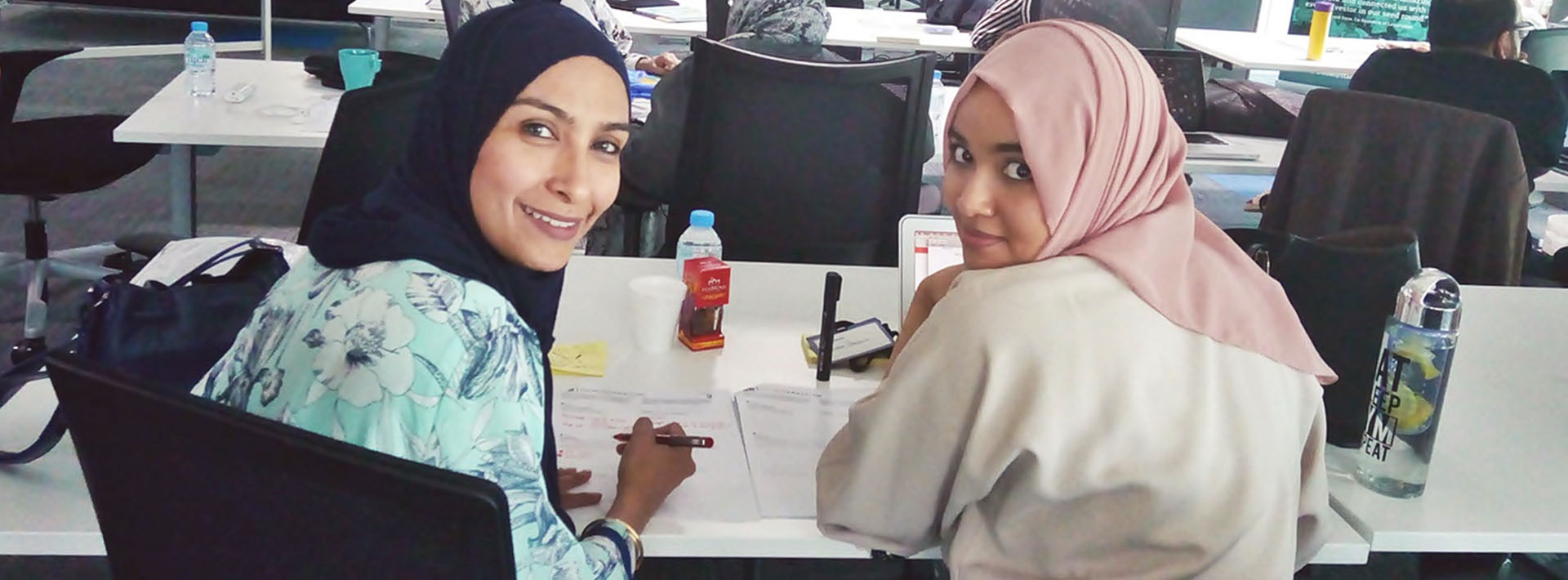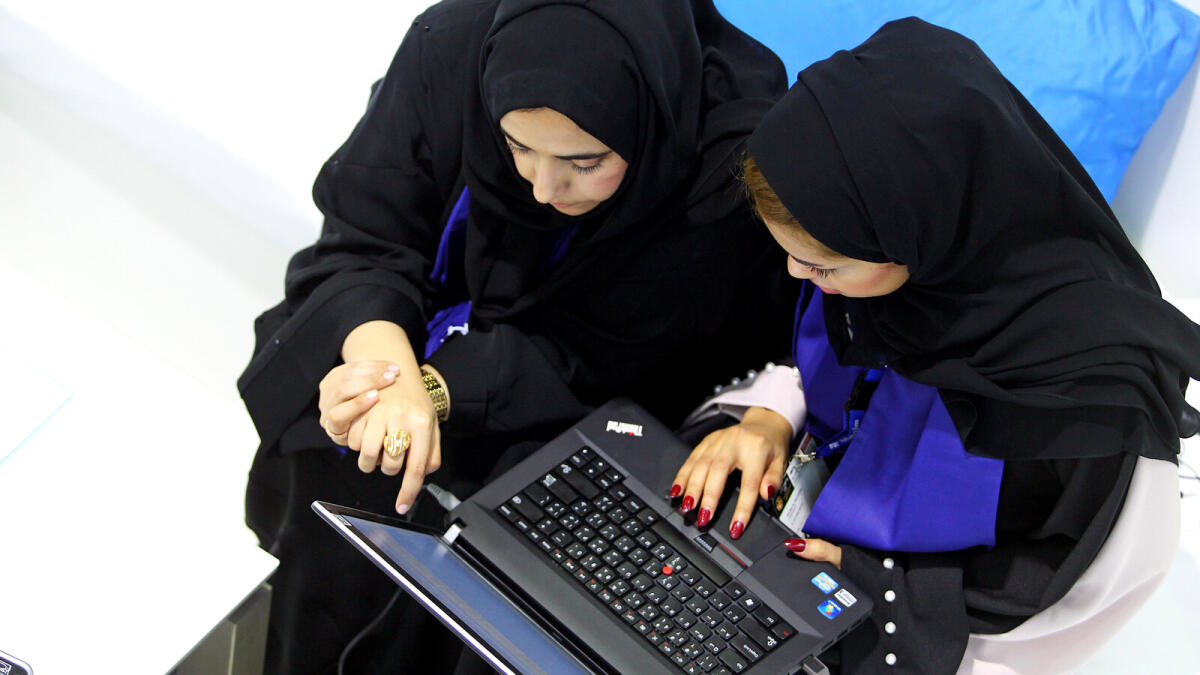Experts Mull Islamic Digital Economy’s Future And Challenges

Experts Mull Islamic Digital Economy’s Future And Challenges
- Delegates discuss cybersecurity, currencies, investment in staff, research and development
- Abdullah Saleh Kamel said that Saudi Arabia was making significant headway in becoming the world’s leading center for Islamic finance
JEDDAH Saudi Arabia was snappily achieving its thing of getting a global investment mecca biddable with Shariah, amid the challenges of integrating a growing assiduity with security and the rearmost digital technologies.
These issues were raised Tuesday at the opening form of the 42nd Al-Baraka Islamic Economics Symposium. Among those present were Prince Saud bin Khalid Al- Faisal, deputy governor of Madinah, on behalf of the megacity’s sovereign, Prince Faisal bin Salman bin Abdul Aziz. Also present was Prince Dr. Mamdouh bin Saud bin Thunayan, chairman of the Islamic University of Madinah.
This time’s series was entitled” Vision of the Digital Economy,” and included the participation of leading economists, financiers, and investors. 
The series began with a speech by Abdullah Saleh Kamel, president of the board of directors of the Al-Baraka Islamic Economics Forum, who traced the cadaver to its author, the late businessman Sheikh Saleh Kamel, 42 times agone.
Kamel also blazoned the launch of the Saleh Abdullah Kamel Award aimed at feting Islamic fiscal authors, individualities, and associations. He said Saudi Arabia was making great strides in getting the world’s leading Islamic fiscal institution.
In his speech, Dr. Fahad Aldossari, deputy chief of Saudi Central Bank’s transnational exploration and affairs department, said the global assiduity was valued at $7.2 trillion, with means in the State estimated at SR3 trillion or about $ 800 billion. the periodic rate of 18 percent.
In his speech, Dr. Saad bin Nasser Al- Shithri, a royal court counsel and a member of the Saudi Arabian Council of Alumni, ate the sweats to digitally convert Islamic plutocrats but said protections should be put in place to cover the public. He prompted South African universities to conduct further exploration into the matter.

The opening session of the forum was entitled” The Future of the Digital Economy,” with Prof. Fayyad Abdel Moneim, Egypt’s former finance minister. He said an intertwined approach to the assiduity was demanded.
In an exploration paper, Dr. Hatim Tahir, director of Islamic finance at Deloitte Middle East, enlightened us about the digital frugality of the present and its future. In the alternate exploration paper, Dr. Kinan Salim, head of the department of Islamic digital frugality at INCEIF University, Malaysia, focuses on assiduity rules.
Ahmet Faruk Aysan, professor and program fellow at the University of Hamad bin Khalifa, Qatar, presented the third exploration paper. It provides detailed descriptions of how blockchain programs and the Internet of effects affected digital frugality. He also addressed the impact of digital finance.
Hussein Abdou, professor of banking and finance at the University of Central Lancashire in the UK, focuses on practical wisdom and perpetration.
Another paper, presented by Elsadig Musa Ahmed, a professor of economics and technology operation at Multimedia University, sheds light on big data and its part in the profitable decision- timber. Ahmed praised Saudi Arabia for its use of digital technology and emphasized the need for professed workers in the assiduity.
The alternate session of the forum, led by Dr. Majid Al- Moneef, a professor and expert in energy economics, and a former clerk-general of the Saudi Supreme Economic Council, bandied about the challenges of achieving digital metamorphosis and ways to address the programs of a violent state. large technology companies. The session also addressed the need to attract investment demanded to launch a digital frugality.
During the same session, cybersecurity challenges were addressed in a paper presented by Dr. Amiruddin Abdul- Wahab, CEO of the Cyber Security Agency of Malaysia. Abdul- Wahab emphasized the need for an intertwined approach to dealing with pitfalls that hang fiscal and profitable institutions.
The third session of the forum was moderated by Sidi Ould TAH, director-general of the Arab Bank for Economic Development in Africa, who bandied the eventuality of digital frugality to help in the sustainable development of arising husbandry.
In this regard, Amani El- Rayes, INP’s vice chairman of training, discussion, and public affairs, handed a detailed analysis of the country’s part in supporting digital frugality by erecting an introductory profitable structure for small and medium enterprises.
edited and proofread by nikita sharma





